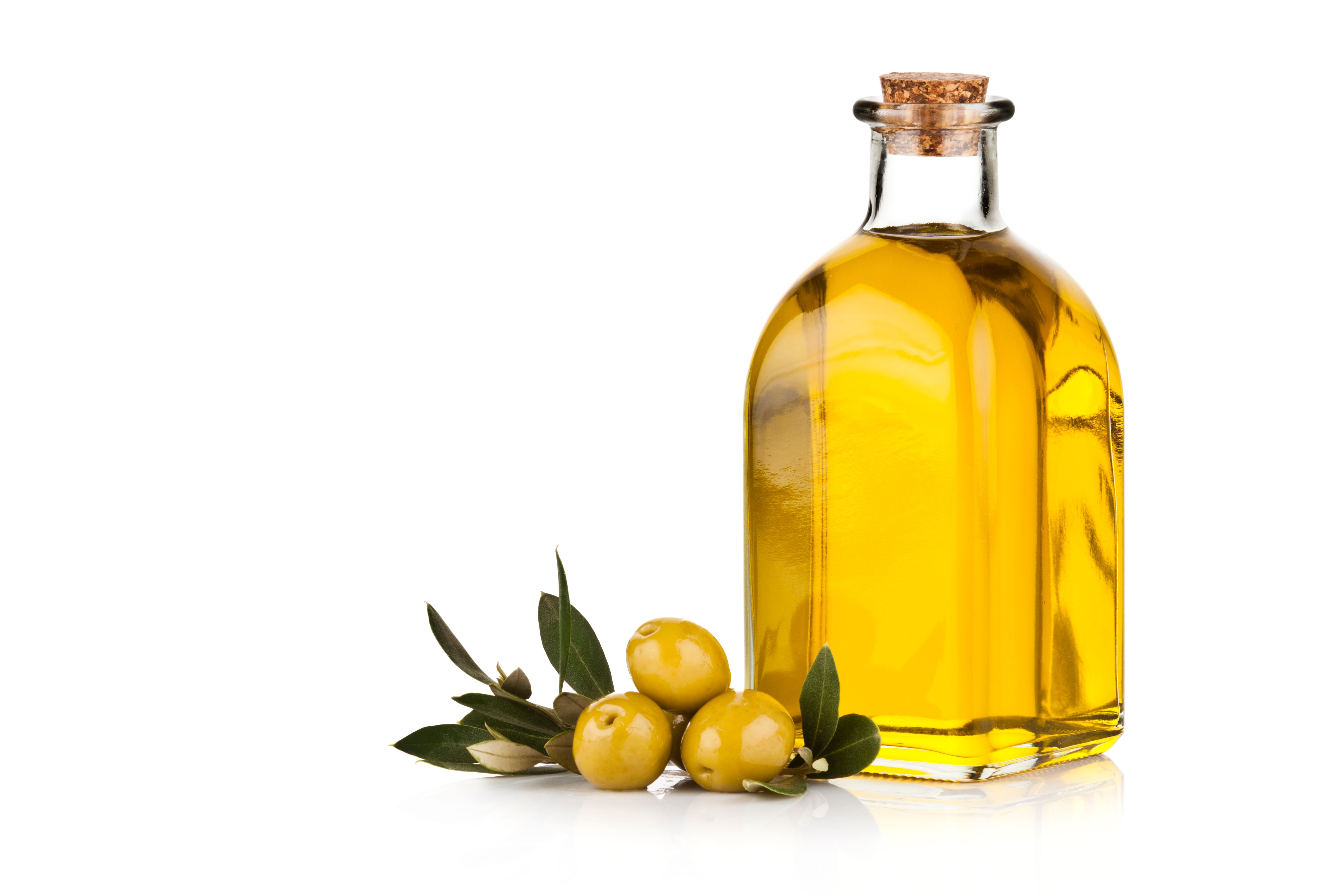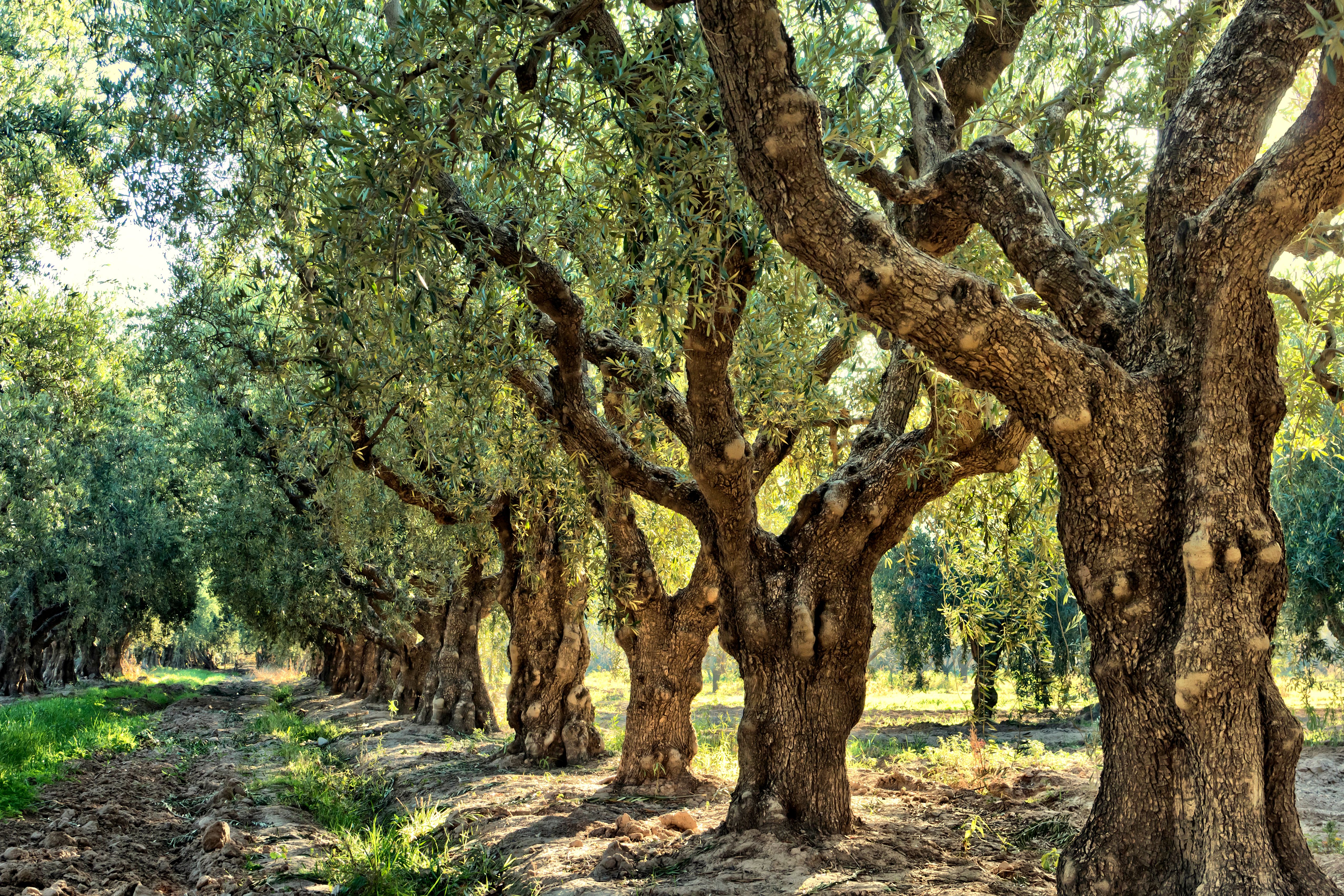Exploring Olive Oil: Characteristics and Global Production
The Rich Characteristics of Olive Oil
Olive oil is not just a staple in Mediterranean cuisine; it's a versatile and healthful ingredient enjoyed worldwide. Known for its rich flavor and numerous health benefits, olive oil is a product of the olive tree, primarily cultivated in regions with a Mediterranean climate. Its characteristics largely depend on the type of olives used, the region of production, and the processing methods.
One of the most important aspects of olive oil is its classification. Olive oil can be categorized into several types, including extra virgin, virgin, and refined olive oil. Extra virgin olive oil is considered the highest quality, obtained through cold pressing and without any chemical treatments. It boasts low acidity and a robust flavor profile, making it ideal for dressings and drizzling over dishes.

Health Benefits and Nutritional Value
Olive oil is renowned for its numerous health benefits. Rich in monounsaturated fats, it supports heart health by reducing bad cholesterol levels. Additionally, it contains antioxidants such as vitamin E and polyphenols that combat oxidative stress and inflammation in the body.
Studies have shown that regular consumption of olive oil may lower the risk of chronic diseases like heart disease and stroke. Its anti-inflammatory properties also make it beneficial for individuals with conditions such as arthritis. As part of a balanced diet, olive oil can contribute to overall wellness.

Global Production of Olive Oil
The global production of olive oil is concentrated in the Mediterranean region, where countries like Spain, Italy, and Greece lead the industry. These nations have ideal climates for olive cultivation and have honed their production techniques over centuries to produce some of the finest oils available.
Spain is currently the largest producer, accounting for nearly half of the world's olive oil supply. Italian olive oils are prized for their diverse flavors, which vary significantly between regions. Greece, known for its high-quality extra virgin olive oils, often emphasizes traditional cultivation methods.

Emerging Producers and Varietals
Beyond the Mediterranean, other countries are increasingly making their mark in the olive oil industry. Nations like Australia, the United States, and Chile have begun producing high-quality oils that compete on the global stage. These new producers often incorporate innovative techniques and sustainable practices to enhance quality.
- Australia: Known for its clean and fruity oils.
- United States: California leads with diverse varietals and sustainable practices.
- Chile: Focuses on modern techniques for consistency and quality.
The Future of Olive Oil
As global demand for olive oil continues to rise, sustainability has become a key focus in production. Producers are adopting eco-friendly practices to minimize environmental impact while maintaining quality. From organic farming to innovative irrigation techniques, the future of olive oil looks promising.
Consumers are also becoming more discerning about the quality and origin of their olive oils. This increasing awareness is driving producers to prioritize transparency and authenticity in their offerings. As a result, the industry is evolving to meet these changing consumer preferences while preserving the rich traditions that define olive oil production.

